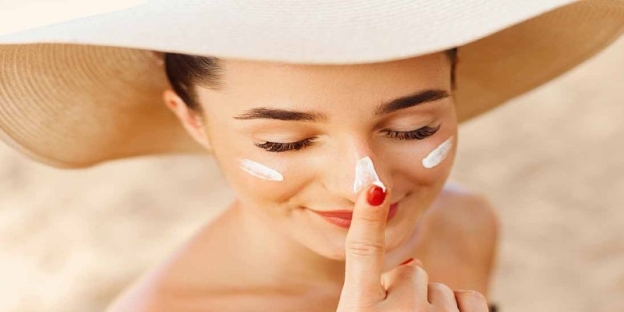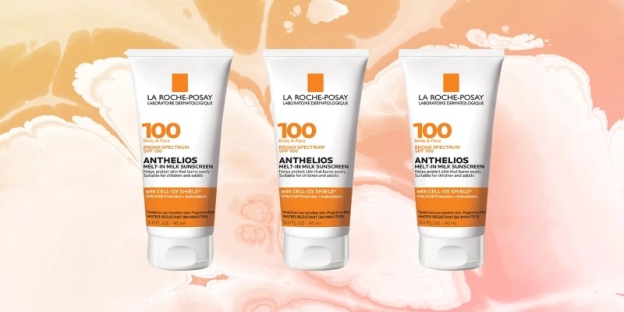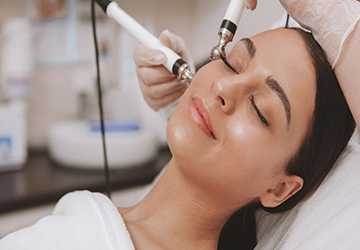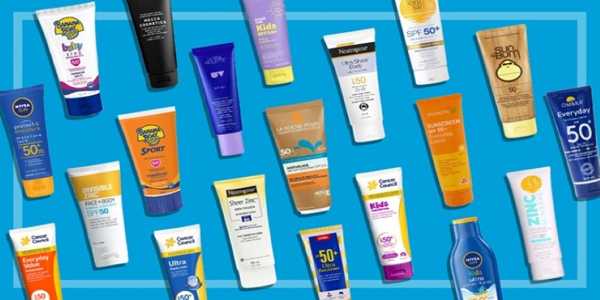Top 5 Sunscreens Dermatologists Recommend
Have you ever stood in the sunscreen aisle, staring at dozens of bottles, wondering which one works? With so many SPF numbers, ingredients you can't pronounce, and marketing that promises everything from age reversal to beach-proof protection, choosing the right sunscreen can be a daunting task. Here's a detailed look at the top sunscreens dermatologists suggest and why these products stand out in the crowded skincare market.
Why Sunscreen Isn’t Optional, Even If You’re Indoors
Many people assume sunscreen is only for beach days or outdoor workouts. That's far from true. Dermatologists constantly Stress that UV damage happens even when you're inside. UVA rays can penetrate through windows, and blue light from screens may contribute to premature skin aging. That means your skin is still being exposed, even if you're working at your desk all day or running errands.

Dermatologists recommend using a broad-spectrum SPF 30 or higher every day, even on cloudy days. The damage is cumulative. Over time, skipping sunscreen can lead to the accumulation of fine lines, sunspots, and an increased risk of skin cancer. It's a long-term game, and prevention is easier than repair.
Mineral Or Chemical? Here's What Dermatologists Say
You'll notice that sunscreen bottles usually indicate either a "mineral" or "chemical" formula. What’s the difference?
Mineral sunscreens (also called physical sunscreens) use ingredients like zinc oxide or titanium dioxide. These sit on the surface of the skin and physically block the sun's rays. Dermatologists often recommend these products for individuals with sensitive skin or conditions such as rosacea or melasma.
Chemical sunscreens utilize ingredients such as avobenzone, octinoxate, or oxybenzone. These absorb UV rays and convert them into heat. They tend to be lighter and more wearable, especially under makeup.
Some dermatologists prefer mineral-based sunscreens because they're less likely to irritate, but others argue that the best sunscreen is the one you'll use every day. If you hate how a sunscreen feels or smells, you're less likely to apply it consistently. That's why texture, finish, and ease of use matter just as much as the ingredient list.
The Best Dermatologist-Recommended Sunscreens That Work
Eltamd UV Clear Broad-Spectrum SPF 46
This one comes up almost every time you ask a dermatologist about sunscreen. It's especially popular among those with acne-prone or sensitive skin. It's lightweight, non-greasy, and contains niacinamide, which helps calm inflammation. It's mineral-based, with zinc oxide as the primary protective agent. It works well under makeup, and people love that it doesn't leave a white cast.
La Roche-Posay Anthelios Melt-In Milk Sunscreen SPF 100
This sunscreen is a favorite for people who are serious about sun protection or have a history of skin cancer. The texture is smooth and blends easily without feeling too heavy. Dermatologists often recommend it because of its high SPF, broad-spectrum protection, and reliable UVA coverage. It’s great for outdoor use and water-resistant up to 80 minutes.

Neutrogena Hydro Boost Water Gel Lotion SPF 50
Known for its gel-like consistency and hydrating formula, this product is a go-to for individuals with oily or combination skin types. It contains hyaluronic acid, so it hydrates while protecting. Dermatologists like it because it's affordable, widely available, and feels more like a lightweight moisturizer than a sunscreen.
Isdin Eryfotona Actinica Spf 50+
This is a secret gem that dermatologists often recommend to patients who have already shown signs of sun damage. It includes DNA repair enzymes, which may help repair damaged skin while protecting it from further harm. The texture is ultra-light, leaving a soft finish on the skin.
Cerave Hydrating Mineral Sunscreen SPF 30/50
If your skin is dry or sensitive, this option offers both protection and moisturization. It has ceramides and niacinamide, which help strengthen the skin barrier and reduce redness. The texture is a bit thicker, but it blends in with some effort and doesn't irritate the skin. It's especially recommended for people with eczema or compromised skin.
Sunscreen Mistakes Dermatologists Wish You’d Stop Making
One of the biggest mistakes people make is using too little sunscreen. Dermatologists recommend using about a shot glass worth of sunscreen for your body and a nickel-sized dollop for your face. If you're dabbing a bit on your cheeks and calling it a day, that's not enough.
Reapplying is another key area where people often fall short. Sunscreen should be reapplied every two hours, or after swimming or sweating, to maintain its effectiveness. Many dermatologists suggest carrying a compact powder SPF or spray formula for easier reapplication during the day, especially over makeup.
Skipping sunscreen on cloudy days, around the eyes, or on the neck and hands is also common. These areas age just as quickly, and many cases of skin cancer appear in places that people forget to protect regularly.
How To Pick The Right Sunscreen For Your Skin Type
Every skin type has different needs. Dermatologists don't push one-size-fits-all solutions. Instead, they suggest tailoring your sunscreen to your skin's daily behavior.
- Oily or acne-prone skin? Look for lightweight, non-comedogenic formulas, such as EltaMD UV Clear or La Roche-Posay Anthelios Clear Skin.
- Dry or sensitive skin? Opt for hydrating mineral formulas that contain ceramides and niacinamide, such as CeraVe or Vanicream.
- Dark skin tones? Choose sunscreens that don't leave a white cast. Tinted mineral options, such as EltaMD UV Elements or Black Girl Sunscreen, are dermatologist-approved favorites.
Please start with the proper protection and make it a daily habit
Dermatologists agree on one thing: regular sunscreen use is one of the most effective ways to prevent skin cancer and early aging. While there are many products out there, a few stand out for their texture, wearability, and protection. Find one that suits your skin, apply it correctly, and wear it every day. Your future skin will thank you.










